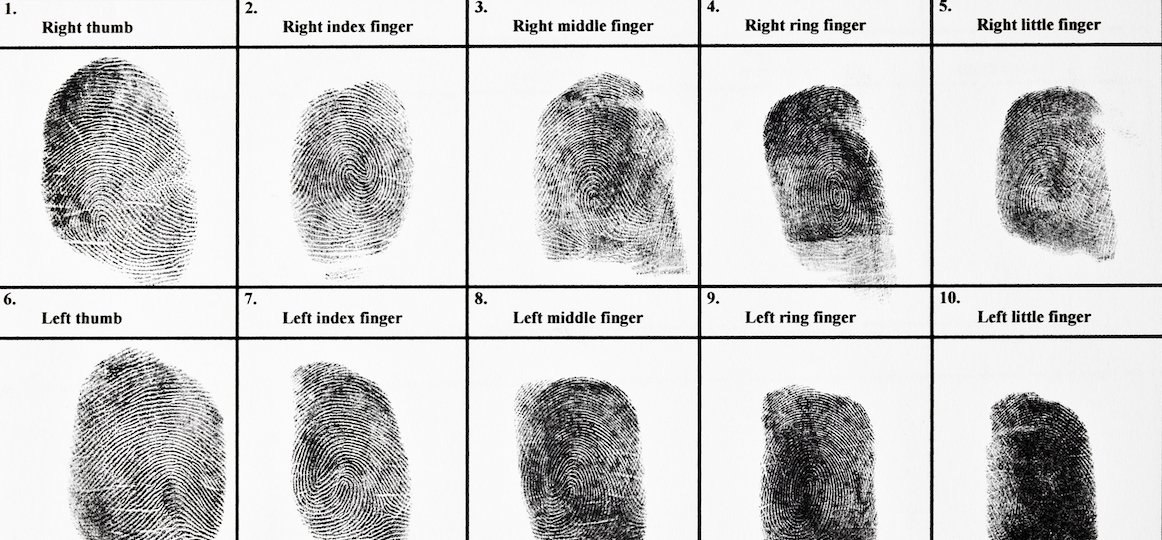This is the first in a series in which we ask questions previously asked on polls decades ago, to see how — and by how much — Americans’ opinions have changed.
In the 1930s, U.S. criminal investigators first identified the existence of latent fingerprints, which could be used to identify suspected criminals as well as crime victims. However, Americans were not all in agreement on how and when this new technology should be put to use. In the final days of his 1936 U.S. presidential campaign against incumbent Franklin D. Roosevelt, Republican candidate Alf Landon warned that "keeping track of those covered under the [Social Security] program would open the field to 'federal snooping,' perhaps even fingerprinting." Shortly after, Landon was defeated in a landslide. Two weeks before Roosevelt’s inauguration in 1937, Gallup ran a poll asking Americans their opinions on compulsory fingerprinting, the idea Landon had lambasted, and found that 68% of people approved of requiring everyone in the United States to be fingerprinted, while only 32% opposed it.
Today, biometric identification systems, such as fingerprinting, remain controversial. Fingerprints are now stored in large databases that may be susceptible to hacking or misuse, and as a result, some fear these systems pose a risk to people whose data is collected. In Afghanistan, the U.S. military used biometric devices to store fingerprints of millions of people. Many now worry this data may be used by enemies of the U.S. to help identify and target Afghans who supported U.S.-backed coalition forces. While this fingerprints database in another country isn’t covered by the survey question, it highlights security risks that may be inherent to such systems. When we asked Americans in 2022 the same question that had been asked in 1937 — should everyone in the U.S. be fingerprinted — we found that support had fallen from 68% to 42%.
Gallup Methodology: Gallup’s survey used a national sample of 3,019 U.S. adults who were interviewed face-to-face between January 7 and January 12, 1937. Results and question wording were retrieved via Roper’s iPoll database.
YouGov Methodology: This U.S. News survey was conducted by YouGov using a nationally representative sample of 1,000 U.S. adult citizens interviewed online between February 10 and February 14, 2022. This sample was weighted according to gender, age, race, and education based on the 2018 American Community Survey, conducted by the U.S. Census Bureau, as well as 2016 and 2020 Presidential votes (or non-votes). Respondents were selected from YouGov’s opt-in panel to be representative of all U.S. citizens. The margin of error is approximately 3% for the entire sample.
Image: Getty











